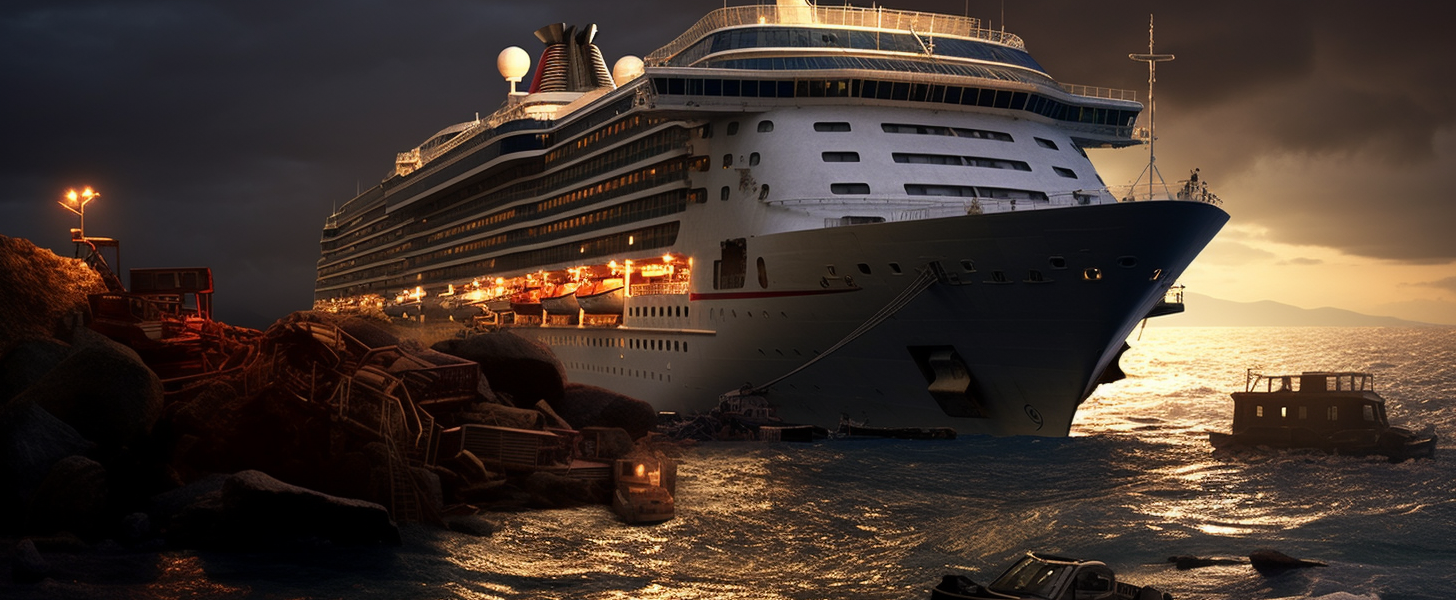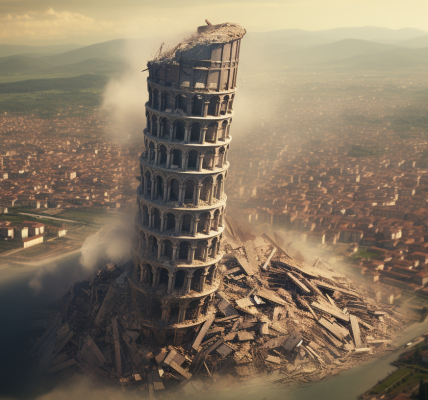The three-year cruise, a once-in-a-lifetime experience for avid travelers, was set to embark on a journey across the globe, visiting numerous exotic destinations and offering unparalleled luxury. However, the voyage was abruptly cancelled, leaving passengers and the cruise industry in a state of shock and disappointment.
The Factors Behind the Cancellation
Several factors contributed to the cancellation of the three-year cruise, including:
Safety concerns: The cruise line faced mounting pressure to ensure the safety and well-being of its passengers. With the increasing number of natural disasters and geopolitical tensions, the risks associated with such an extended journey became too great to ignore.
Financial challenges: The high costs associated with maintaining the ship and providing top-notch amenities for an extended period proved to be a significant financial burden for the cruise line. Additionally, the fluctuating global economy and currency exchange rates added to the financial strain.
Regulatory hurdles: The cruise line encountered numerous regulatory challenges in obtaining the necessary permits and approvals to visit certain destinations. These bureaucratic obstacles proved to be insurmountable, further complicating the planning and execution of the voyage.
Environmental impact: The growing awareness of the environmental impact of the cruise industry led to increased scrutiny of the three-year cruise. Concerns about the carbon footprint, waste management, and potential damage to fragile ecosystems ultimately played a role in the decision to cancel the voyage.
The Ripple Effect on the Cruise Industry
The cancellation of the three-year cruise has had a profound impact on the cruise industry, prompting companies to reevaluate their long-term strategies and focus on sustainability. The incident has also led to increased demand for shorter, more environmentally friendly cruises that prioritize passenger safety and minimize negative impacts on the destinations visited.
FAQ
Q: Why was the three-year cruise cancelled?
A: The cruise was cancelled due to a combination of safety concerns, financial challenges, regulatory hurdles, and environmental impact considerations.
Q: How has the cancellation affected the cruise industry?
A: The cancellation has prompted the industry to reevaluate its long-term strategies, focusing on sustainability and environmentally friendly practices.
Q: What are the alternatives to long-duration cruises?
A: Shorter, more environmentally friendly cruises that prioritize passenger safety and minimize negative impacts on the destinations visited are gaining popularity as alternatives to long-duration cruises.
Glossary of Terms
– Cruise line: A company that operates cruise ships and markets cruises to the public.
– Geopolitical tensions: Conflicts or disputes between countries or regions that can impact international relations and travel.
– Carbon footprint: The total amount of greenhouse gases emitted by an individual, event, organization, or product, usually expressed as a carbon dioxide equivalent.
– Ecosystem: A community of living organisms and their interactions with their environment.




